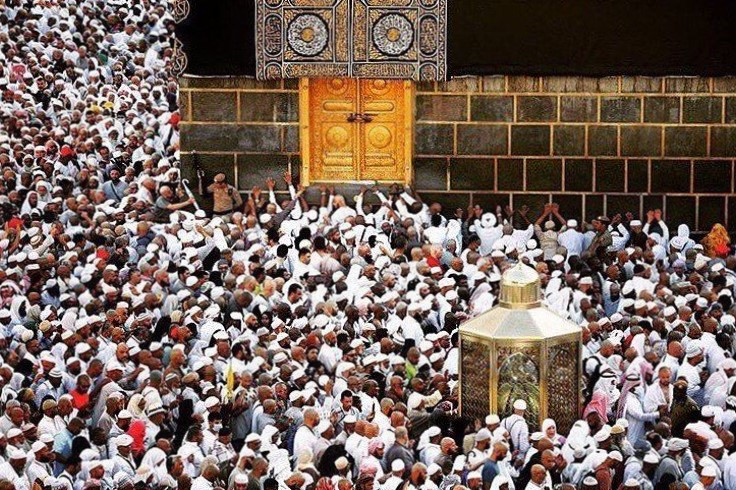Hajj Pilgrimage Tied to Hazrat Ibrahim’s Name

Islam considers Kaaba as a secure place and shelter as all humans and even animals are secure there. Any form of bloodshed and war is prohibited in the holy place. Some interpreters believe that the sentence “Whoever seeks refuge therein will be protected by the laws of amnesty” (Surah Al-Imran, verse 97) is a response to the prayers of Hazrat Ibrahim. After constructing the Kaaba, Ibrahim asked God “Lord, make this town a place of security” (Surah Baqarah, verse 126).
“In (Mecca), there are many clear signs (evidence of the existence of God). Among them is the spot where Abraham stood. Whoever seeks refuge therein will be protected by the laws of amnesty. Those who have the means and ability have a duty to God to visit the House and perform the hajj (pilgrimage) rituals. The unbelievers should know that God is Independent of all creatures.” (Surah Al-Imran, verse 97)
Asked about this verse, Imam Sadiq (AS) said that “the spot where Ibrahim stood” refers to the Black Stone and Hijr Ismail. He also said that “therein” refers to the whole shrine.
Literally, Hajj means to set out for a place. In Islam, it means to set out for Kaaba and perform related rituals. According to the mentioned verse: 1) Hajj bears clear signs such as Maqam Ibrahim, 2) whoever enters the place will have security, and 3) Hajj is mandatory for those people who can afford this trip.
Maqam Ibrahim is a stone that Hazrat Ibrahim used to stand over it for building the Kaaba and his footprint is evident on it. The fact that this stone has survived all the attacks, floods, and other disasters throughout the centuries is a sign of Allah’s power.
The ritual of praying at Kaaba was first performed during the time of Hazrat Ibrahim and continued to exist as a tradition even at the time of Arabs. Islam eliminated superstitions that were added to the ritual during Jahiliyyah and made it more complete.
The only condition that makes Hajj a duty for Muslims
According to the mentioned verse, the only condition that makes Hajj mandatory is having the means for making the trip. This includes having the necessary equipment for the trip, physical capability, and the ability to manage life after the trip.



